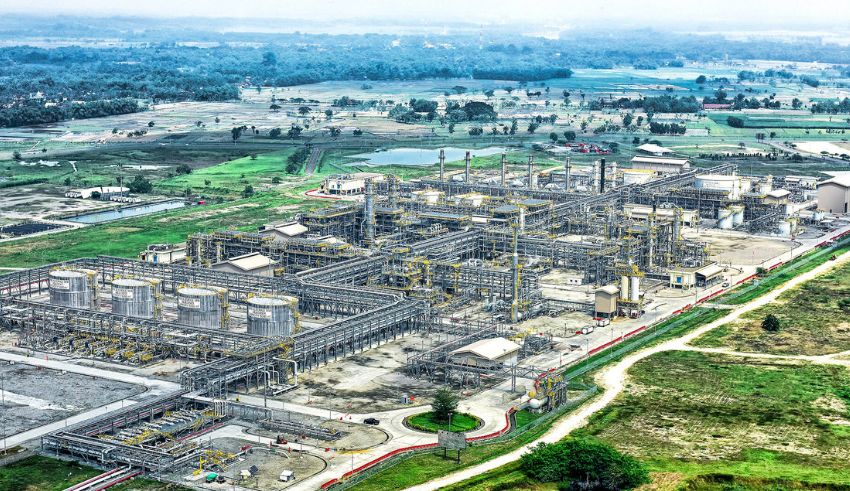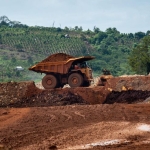
In a noteworthy development, Indonesia’s Coordinating Ministry for Maritime and Investment Affairs has sealed an initial deal with Exxon Mobil to explore potential investment in a petrochemical project within the country. This project, expected to yield polymer production and involve a carbon storage facility, has, however, raised eyebrows given the oil giant’s recent settlement in a two-decade-long legal battle involving alleged human rights abuses.
Behind the scenes of this optimistic collaboration lie dark shadows. Recently, eleven Indonesian villagers from Aceh province reached a confidential financial settlement with ExxonMobil, putting the company back under the spotlight. The settlement is the endgame of a prolonged legal battle where the villagers made harrowing allegations of torture, sexual assault, and beatings by Indonesian soldiers contracted by ExxonMobil.
What Happened in the Past?
These distressing accounts include witnessing loved ones being shot, pregnant women enduring disturbing acts, and men subjected to electric shocks, burns, and knife-inflicted graffiti on their backs. All these alleged atrocities unfolded in and around ExxonMobil’s operations in the Arun field, North Aceh, a crucial natural gas field.
While ExxonMobil unequivocally condemns such abuses and maintains that no employee directly harmed the plaintiffs, the undisclosed settlement terms raise questions about the extent of corporate accountability. The financial details, kept confidential for the safety and anonymity of the plaintiffs, add an additional layer of complexity to the resolution.
Keep Reading
This legal closure, though a formal end to the process, leaves Indonesian human rights activists emphasizing that it fails to address the deep psychological trauma endured by the victims. Nevertheless, they acknowledge the significance of the outcome in spotlighting the alleged atrocities and the challenges faced by communities affected by corporate operations.
As Indonesia forges ahead with a new petrochemical project with Exxon Mobil, concerns linger about the ethical implications of such collaborations, especially in light of the recent settlement and the pressing need for accountability in corporate practices. The coexistence of economic development and a history of human rights issues prompts a critical examination of the ethical considerations surrounding multinational corporations operating in delicate regions.
The intricacies of this situation underscore the imperative for transparent, responsible corporate conduct and the ongoing efforts required to ensure justice, accountability, and the protection of human rights in regions impacted by industrial activities.

























